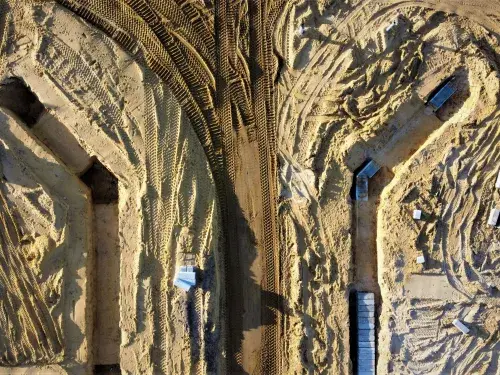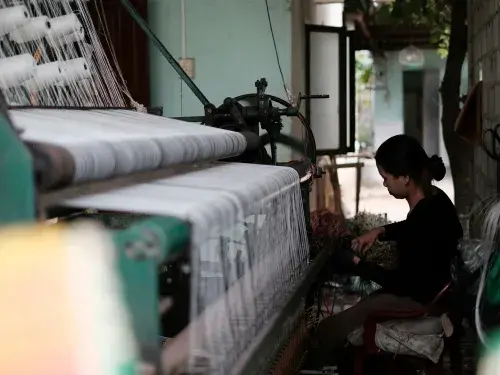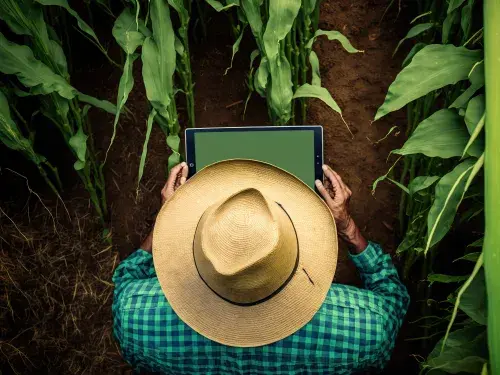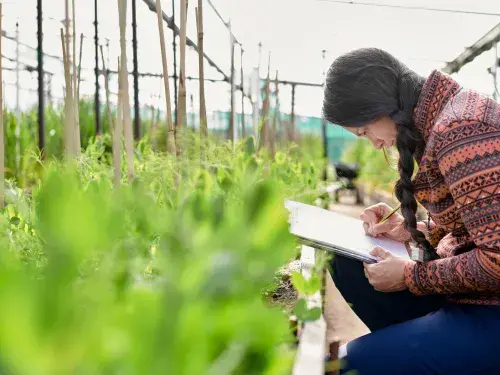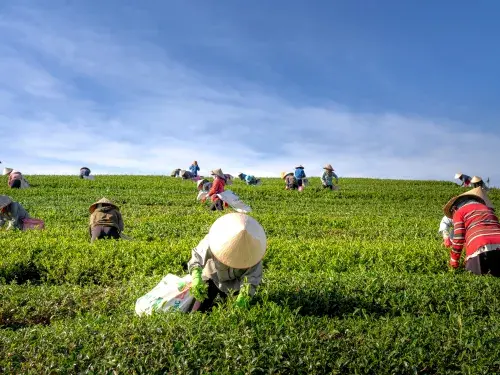Deforestation-free supply chains: The role of declaration in excess
ISEAL commissioned SCS to examine how 'declaration in excess' is understood and used by supply chain actors to comply with the EU Deforestation Regulation (EUDR).
Revised ISEAL benchmarking guide
Aligned with the ISEAL Code featuring updated recommendations and an improved layout, the revised guide further supports credible benchmarking of sustainability systems.
Sustainability Claims Good Practice Guide consultation: have your say
A new two-month public consultation seeks input on ISEAL’s Sustainability Claims Good Practice Guide, revised to help sustainability systems navigate an increasingly complex claims landscape.
The EU Clean Industrial Deal: a clear opportunity to leverage credible sustainability systems
ISEAL welcomes the Clean Industrial Deal (CID) announced by the EU Commission recently. This joint roadmap for competitiveness and decarbonisation is an important commitment.
Are sustainability systems reducing greenhouse gas emissions? For now, the research is insufficient
Driving down greenhouse gas emissions (GHG) is vital for people and planet. More research is needed to help us understand what works best.
Lessons on land tenure complexity, free, prior and informed consent (FPIC) and traceability challenges
With the EU as the primary market for Ugandan coffee exports, there is a pressing need to align with the EU Deforestation Regulation (EUDR) requirements. What are the key hurdles and potential solutions?
Inclusivity and the drive for more equitable agri-food systems
Without an inclusivity-driven approach, changes to agri-food systems risk reinforcing existing inequalities. New guidance notes from Evidensia, ISEAL and the International Food Policy Research Institute (IFPRI) explore the key interventions.
Advancing gender equality through credible sustainability systems
ISEAL’s new toolkit looks to advance gender equality, tackling gender-based issues within standards and beyond.
EU’s Omnibus package gets the balance wrong between simplification and meaningful sustainability action
Yesterday, the EU Commission finally published the first tranche of its much-awaited Omnibus package.
The Mining Association of Canada joins as an ISEAL Community Member
We are delighted to announce that the Mining Association of Canada (MAC) has been approved as an ISEAL Community Member.
Advancing equity and livelihoods: new research supports transformation strategies for the seafood sector
ISEAL and AidEnvironment’s new whitepaper builds understanding and support for equity and livelihoods in seafood and beyond. It recommends realigning focus from risk reduction to sustainable livelihood and fairness.
Bright future for landscape approaches
At a time when sustainability solutions are urgently needed, landscape initiatives have the potential to address systemic environmental, social and economic issues holistically and at scale.
How sustainability systems are managing integrity risks in an evolving landscape
ISEAL has been supporting Community Members to strengthen the integrity of their assurance programmes.
Accounting for Nature joins as an ISEAL Community Member
ISEAL is excited to announce that Accounting for Nature has been approved as an ISEAL Community Member. We look forward to working with them to improve their certification system to empower a nature-positive future.
Companies need credible solutions for more sustainable supply chains – not just rules
Regulatory pressure is growing for companies to have more sustainable supply chains. Such rules have great potential.
ISEAL updates its chain of custody guidance
Chain of custody (CoC) and traceability are big news right now. But are we all speaking the same language? We’re updating our CoC models and definitions guidance and we would value your input. Our public consultation is now open.
ISEAL’s training course is back: the future of assurance for sustainability systems
We are excited to kick off the future of assurance for sustainability systems training course on 13 November.
Driving decent work in supply chains: insights from an Evidensia review
Decent work is one of the most challenging aspects in advancing social sustainability. Voluntary supply chain tools have long aimed to improve decent work and wages in supply chains.


